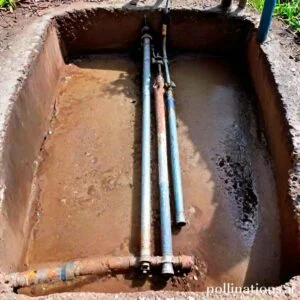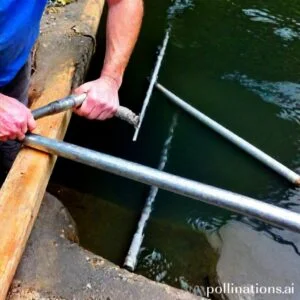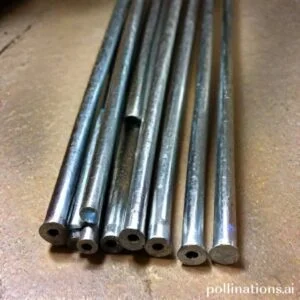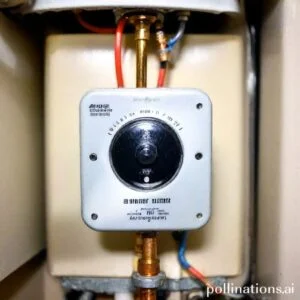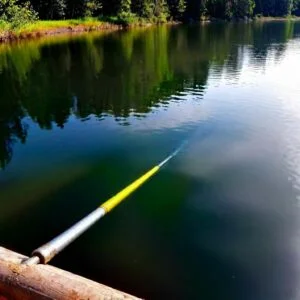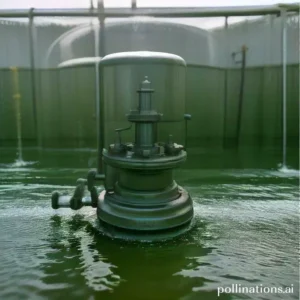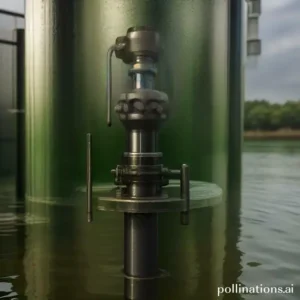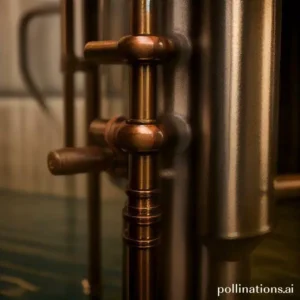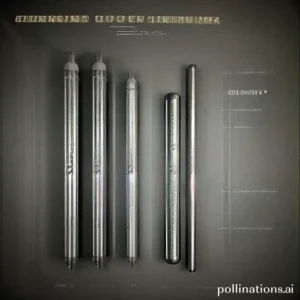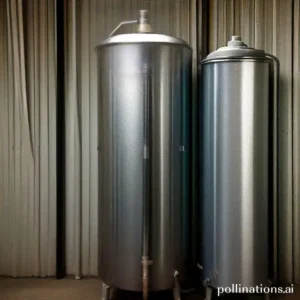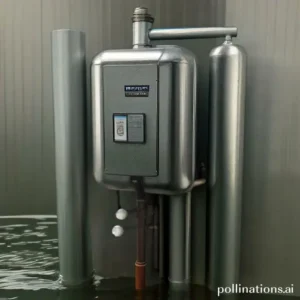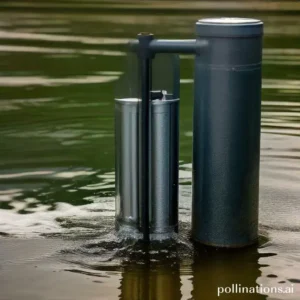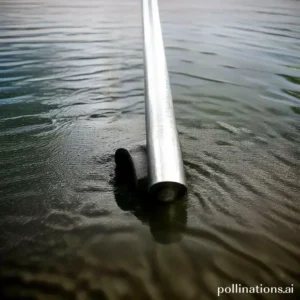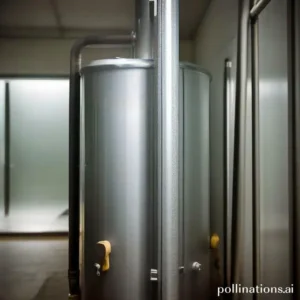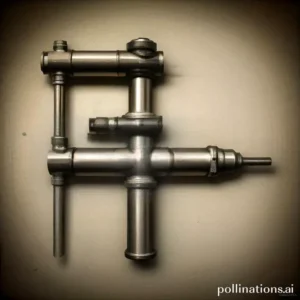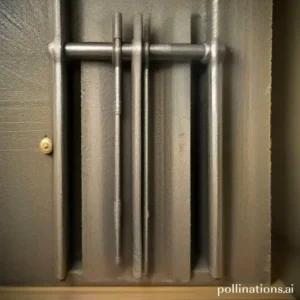
II. Vacation homes that are left unoccupied for long periods are particularly susceptible to anode rod deterioration, as stagnant water can accelerate the corrosion process, making it important to check and replace the rods before and after each use.
III. Anode rod maintenance can be done easily by following a few simple steps, such as turning off the power supply, draining the tank, removing the old rod, and installing a new one, which can save homeowners from costly repairs and replacements in the long run.
Regular anode rod maintenance is crucial for vacation homes to prevent corrosion and extend the lifespan of your water heater. By replacing the anode rod every few years, you can ensure that your water heater remains efficient and functional, even during long periods of vacancy.
Neglecting this maintenance can lead to costly repairs and a shortened lifespan for your water heater. With proper anode rod maintenance, you can enjoy worry-free vacations and peace of mind knowing that your water heater is in optimal condition.
What is an Anode Rod?
The anode rod is a crucial component of a water heater system. It serves the purpose of protecting the water heater tank from corrosion. Corrosion occurs naturally when the tank is exposed to water and oxygen, leading to the formation of rust. The anode rod, made of highly reactive metal, sacrifices itself to prevent the tank from corroding.
Purpose of Anode Rod
The primary purpose of the anode rod is to attract corrosion-causing elements in the water, such as minerals and impurities. These elements are drawn towards the anode rod and corrode it instead of the tank. By sacrificing itself, the anode rod extends the lifespan of the water heater tank, ensuring it remains intact and functional for longer periods.
Types of Anode Rods
There are different types of anode rods available for water heaters, each suited for specific water conditions and tank materials:
| Type | Material Composition | Best Suited For |
|---|---|---|
| Magnesium Anode Rods | Magnesium | Soft water and residential tanks |
| Aluminum Anode Rods | Aluminum | Hard water and commercial tanks |
| Zinc Anode Rods | Zinc | Water heaters with sulfur odor issues |
Signs of a Worn Out Anode Rod
Over time, the anode rod deteriorates due to corrosion. It is essential to monitor the condition of the anode rod and replace it when necessary. Signs of a worn-out anode rod include:
- Reduced Hot Water Output: If your water heater is unable to produce enough hot water, it could indicate a worn-out anode rod.
- Rusty Water: Discolored or rusty water coming from your faucets may be a sign that the anode rod needs replacement.
- Strange Odors: A foul smell in your hot water could be a result of a corroded anode rod.
- Visible Corrosion: If you notice extensive corrosion on the anode rod, it is time to replace it.
Regular inspection and maintenance of the anode rod will ensure the longevity and efficiency of your water heater, saving you from costly repairs or replacements in the future.
Steps for Anode Rod Maintenance
Maintaining the anode rod in your water heater is essential for its longevity and efficiency. By embracing these simple steps, you can ensure that your anode rod is in optimal condition:
1. Turn off Water Heater
Before starting any maintenance work, it is crucial to turn off the water heater. This will prevent any accidents or injuries during the process.
2. Locate the Anode Rod
The next step is to locate the anode rod in your water heater. It is usually located on top of the tank and can be easily identified.
3. Remove the Anode Rod
Using a suitable wrench or socket, carefully remove the anode rod from the water heater. Take caution not to damage any surrounding parts.
4. Inspect the Anode Rod
Once the anode rod is removed, inspect it for signs of corrosion or deterioration. A healthy anode rod should have some signs of wear, indicating that it is protecting the tank.
5. Replace or Clean the Anode Rod
If the anode rod shows significant signs of corrosion or is almost completely worn out, it is time to replace it. Albeit, if it is still in good condition, you can clean it using a wire brush to remove any built-up sediment.
6. Reinstall the Anode Rod
After cleaning or replacing the anode rod, carefully reinstall it back into the water heater. Make sure it is securely tightened to prevent any leaks.
7. Turn on Water Heater
Finally, turn on the water heater and allow it to heat up. This will ensure that the anode rod is actively protecting the tank from corrosion.
Frequency of Anode Rod Maintenance
Anode rod maintenance is a crucial aspect of ensuring the longevity and efficiency of your water heater. By conforming to a recommended maintenance schedule and considering various factors that affect maintenance frequency, you can keep your anode rod in optimal condition.
1. Recommended Maintenance Schedule
To extend the lifespan of your anode rod, imperative to conduct regular maintenance. Experts recommend checking the condition of your anode rod at least once a year. Albeit, depending on the quality of your water and usage patterns, more frequent inspections may be necessary.
Inspecting your anode rod involves carefully examining its physical condition. If the rod is heavily corroded or worn out, it is advisable to replace it. In contrast, if the anode rod shows signs of deterioration but still has a significant amount of material, you may consider cleaning or flushing it to remove mineral deposits.
2. Factors that Affect Maintenance Frequency
Several factors influence how often you should maintain your anode rod:
- Water Quality: Hard water with high mineral content can accelerate anode rod corrosion. If you live in an area with hard water, you may need to inspect and replace your anode rod more frequently.
- Water Heater Usage: The frequency at which you use hot water affects the wear and tear on your anode rod. If your household consumes a large amount of hot water, you might need to perform maintenance more often.
- Water Heater Age: Older water heaters often require more frequent maintenance. As a general rule, if your water heater is more than 10 years old, it is recommended to check the anode rod annually.
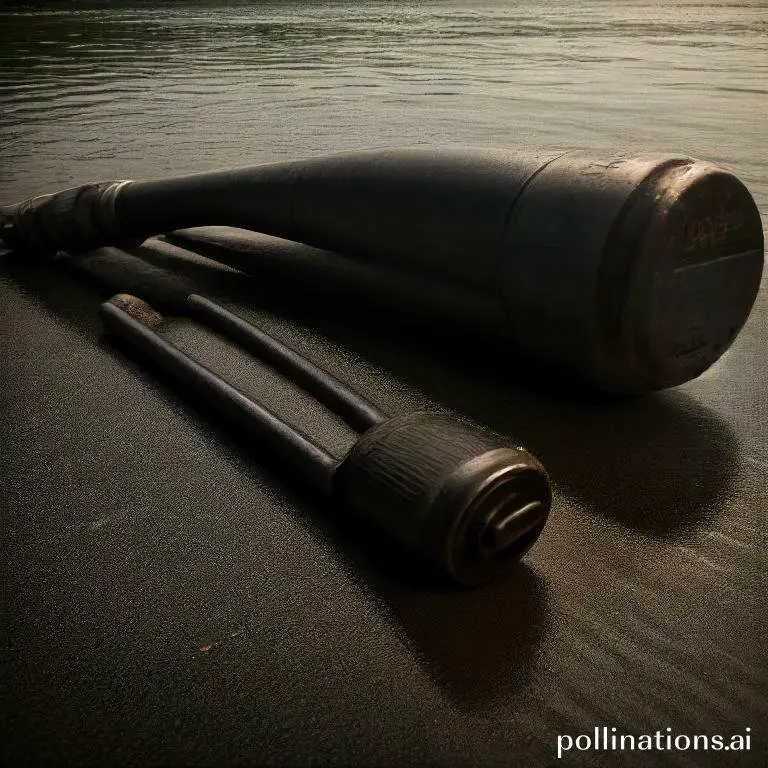
Benefits of Anode Rod Maintenance
Prolongs the Life of the Water Heater
Regular anode rod maintenance is crucial for prolonging the life of your water heater. The anode rod is a sacrificial component that prevents corrosion by attracting corrosive elements in the water. Over time, the anode rod gets depleted and needs to be replaced. By keeping the anode rod in good condition through regular maintenance, you can extend the lifespan of your water heater.
Improves Water Quality
Anode rod maintenance not only preserves the water heater but also improves the quality of the water you use. The anode rod prevents the accumulation of sediments and minerals, which can affect the taste and odor of the water. By ensuring the anode rod is functioning properly, you can enjoy clean and fresh-tasting water for all your household needs.
Saves Money on Energy Bills
One of the often overlooked benefits of anode rod maintenance is the potential cost savings on energy bills. When the anode rod is functioning efficiently, it helps the water heater operate at its optimal performance. This means that the heater requires less energy to heat up the water, resulting in lower energy consumption and ultimately reducing your monthly energy bills.
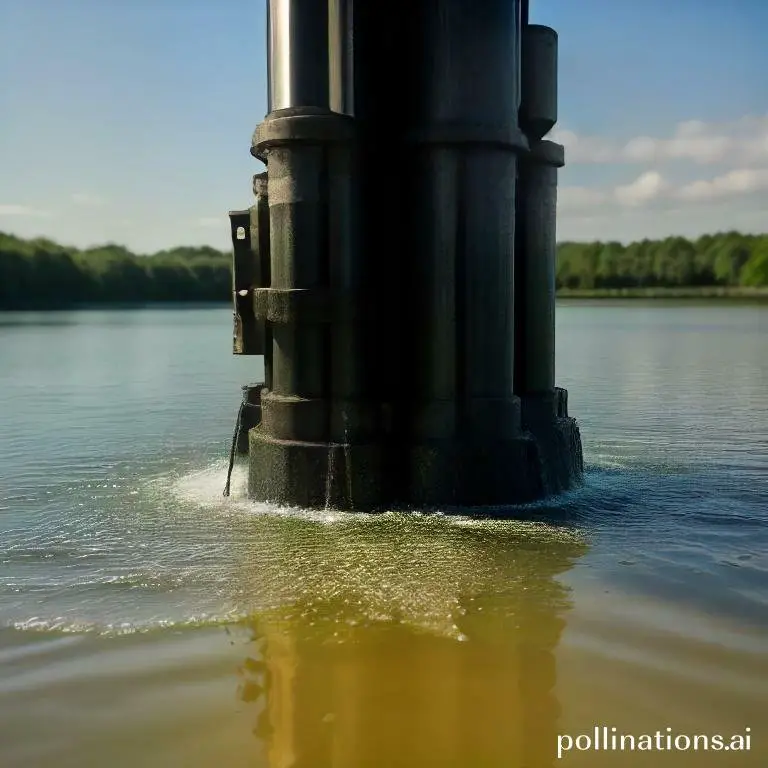
Tips for Anode Rod Maintenance in Vacation Homes
Hire a Professional
In the realm of maintaining the anode rod in your vacation home’s water heater, it is highly recommended to hire a professional. An experienced technician will have the necessary knowledge and skills to inspect and replace the anode rod effectively. This will ensure that your water heater remains in optimal condition and continues to provide you with hot water throughout your stay.
Consider Installing a Second Anode Rod
If you want to prolong the lifespan of your water heater’s anode rod, consider installing a second anode rod. This can be a beneficial preventive measure, especially for vacation homes that are frequently occupied. By having an additional anode rod, the corrosion process is divided between the two rods, thereby extending their overall lifespan. This means you won’t have to worry about replacing the anode rod as frequently.
Use a Water Softener
Using a water softener in your vacation home can also contribute to the maintenance of the anode rod. Hard water contains minerals that can accelerate the corrosion of the anode rod. By installing a water softener, you can reduce the mineral content in the water, decreasing the rate of corrosion. This will help your anode rod last longer and minimize the need for frequent replacements.
Additional Tips:
- Regularly check the condition of the anode rod to ensure it is not heavily corroded.
- Drain and flush the water heater annually to remove sediment buildup, which can affect the effectiveness of the anode rod.
- Consider using an aluminum/zinc alloy anode rod for enhanced protection.
| Fact | Value |
|---|---|
| Number of Anode Rods | 2 |
| Recommended Frequency of Inspection | Annually |
| Recommended Frequency of Water Heater Flushing | Annually |
| Recommended Anode Rod Material | Aluminum/Zinc Alloy |
Bottom Line
Proper anode rod maintenance is crucial for vacation homes to prevent corrosion and extend the lifespan of the water heater. Regular inspection and replacement of the anode rod can save homeowners from costly repairs and replacements. It is recommended to check the anode rod at least once a year and replace it every 3-5 years, depending on the water quality and usage. Additionally, homeowners should consider installing a powered anode rod for added protection and convenience. By taking these simple steps, vacation homeowners can ensure their water heater operates efficiently and reliably, providing hot water for their guests for years to come.
Don’t neglect your anode rod maintenance, as it can lead to costly repairs and replacements. Stay on top of your water heater maintenance and enjoy worry-free vacations for years to come.
Read More:
1. Anode Rod Alternatives For Sensitive Skin
2. Anode Rod Replacement Impact On Water Pressure
